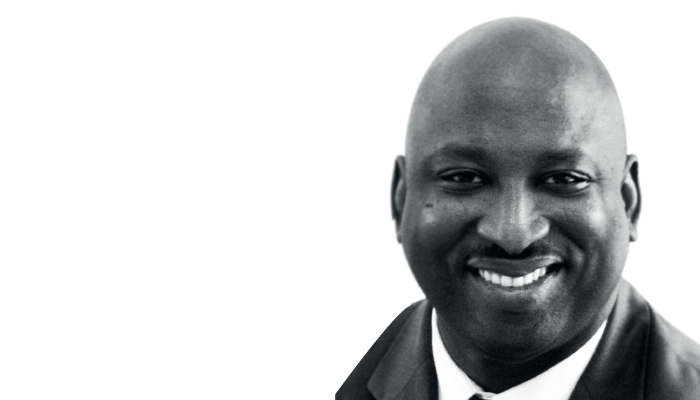
My personal and professional life in Nigeria has changed drastically since COVID-19 became a part of it. As with other African countries, the threat raised the spectre of massively overwhelmed health systems, huge morbidity and mortality rates, leading to panic and major social upheaval. As people in Nigeria’s largest city, Lagos, and the capital, Abuja, began getting ill with COVID-19 and as community transmission became evident, steps had to be taken to minimize the scale and impact of the coming tide. The government-enforced lockdown began in March and I, like millions of people in Nigeria and all over the world, have since been working from home. I also had the personal challenge of quickly gathering my family together (scattered over four cities in three states at the time), in addition to preparing for the lockdown, and getting various projects ready for suspension of activities. Since then, I have been helping to manage the impact of the pandemic on Sightsavers’ eye health programs.
The COVID-19 situation is truly unprecedented. There have been pandemics before, (and we won’t truly know how this one compares until it is over), but never has mankind locked down so many people and so many economies simultaneously. The sheer scale of it has reached across all of our work in over 30 countries in Africa and Asia. It does have some parallels to our experience in the geographically more limited, but locally devastating, 2014–2016 Ebola outbreak in West Africa, and we have been able to adapt some of our learnings to the current crisis. Just as it was then, our focus has been on doing everything we can to put our resources, program management experience, and expertise at the disposal of states, partners, and ministries of health to support their response to COVID-19. We are reviewing protective equipment supplies with partners treating emergencies to ensure they have what they need to keep safe, protecting staff and communities while maintaining the ability to deliver our mission as far as possible.
Many aspects of our eye health programs are suspended following guidance from the WHO and national governments. We learned from the Ebola crisis that when routine services and operations were not closed down quickly enough, suspicions of contagion from those sources led to a loss of trust in communities, so we stopped our regular services and fieldwork very early on.
We are now looking at each program on a case-by-case basis to assess the impact of COVID-19 – and what we can do to support the response. And that means helping protect health workers and reducing the spread of the virus by minimizing mass gatherings. In all countries, elective surgeries and outreach camps have been suspended, but partners will be able to treat and operate in emergency situations when there is a threat to vision or life – in line with national ministry of health guidance.
Neglected tropical disease (NTD) community-based surveys, active case-finding activities, and mass treatment campaigns have been postponed until further notice. Clearly, such decisions affect our work on blinding diseases, such as trachoma and river blindness in the short term. To be clear, we are not canceling NTD programs, but rather delaying some activities. However, we still encourage prompt care and treatment of patients with NTDs presenting to healthcare facilities with debilitating complications of their condition (with appropriate protection for all parties). We believe that if this is handled in the right manner, the overall numbers will be relatively small.
We are also looking into how to make sure health messages are inclusive and reach everyone, particularly marginalized groups, such as those with disabilities, who can often be left behind in crises.
One other area where our NTD work has remained relevant is the strong focus on educating communities on how to keep hands and faces clean, and the need to strengthen health systems, which will be even more vital as COVID-19 spreads.
At present, it is impossible to say what the medium- and long-term impact will be on our programs, but we are planning for different eventualities and exploring many different response options. We hope to be able to resume programs rapidly once restrictions are lifted, but only if and when communities and local partners are also ready. Fortunately, we have a strong infrastructure and solid systems in place, and a resilient workforce; my colleagues across the world are adapting very quickly to new ways of working. It has been heartening to work with such a committed and dynamic team, despite all the challenges we are facing right now.
Long term, I believe this pandemic shows the need for stronger healthcare systems across the world – systems that are inclusive and affordable for all. Sightsavers’ work contributes to that aim and we will continue to adapt to this new reality, continuing our mission to prevent avoidable blindness.
